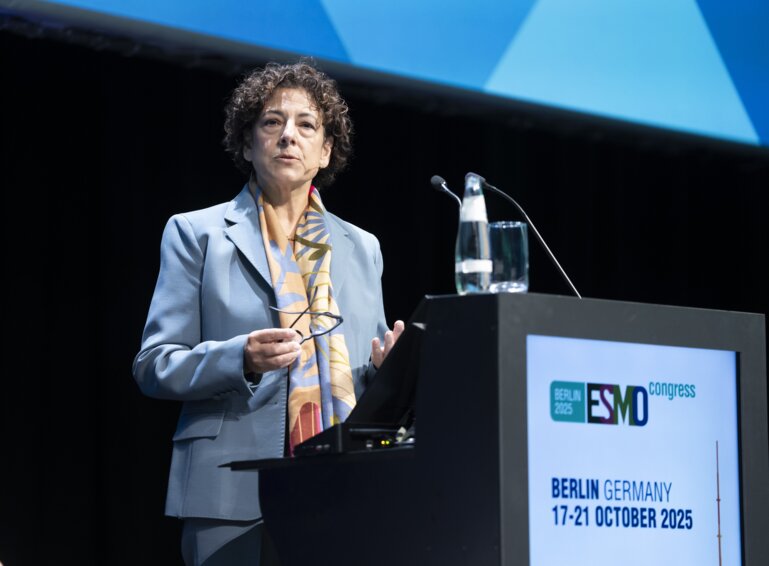However, patients’ sexual concerns are often unaddressed in oncology, a study suggests
A comprehensive analysis of data from 7,985 women with stage I-III primary breast cancer, investigating clinical, psychosocial, and behavioral factors associated with sexual health in a period of 4 years after diagnosis, shows that 78.2% of patients reported at least one sexual concern which remained often unaddressed during the disease journey (ESMO Open. 2024 Feb 12;9(2):102236).
Breast cancer treatments are associated with sexual impairments in the long-term, due to the persistence of symptoms such as decreased sexual desire, arousal disorders, lubrication problems or dyspareunia, and which may impact negatively on the quality of life during and after the end of anticancer therapies (J Clin Oncol. 2012 Oct 20;30(30):3712-9). In the study published on ESMO Open, researchers used a large database of longitudinal clinical, behavioural, tumour, treatment, and patient-reported outcome data of the prospective multicenter CANcer TOxicity (CANTO) cohort, which aims at characterising toxicities of breast cancer treatment (NCT01993498).
Poor body image was identified as the most common sexual concern affecting more than half of women with breast cancer at 2 years after diagnosis. Among factors contributing to deteriorate body image, there were also a lower educational level (OR 0.73, 95% CI 0.62-0.86 for college versus primary school, respectively), anxiety (OR 1.80, 95% CI 1.62-1.99 versus not) or depression (OR 2.00, 95% CI 1.72-2.34 versus not), and poor social functioning (OR 1.65, 95% CI 1.39-1.97 versus nonpoor) in addition to those which were strictly related to the type of treatment and its clinical implications.
Despite a considerable proportion of non-metastatic breast cancer patients experiencing sexual concerns before, during and after anticancer therapies, the management of poor sexual health is still suboptimal in oncology, as the study findings suggest. Only 11.4% of women with poor sexual functioning received psychosocial counseling, while 45.9% consulted a gynecologist.
The study stresses the need for proactive screening and management of sexual health across the cancer care continuum by improving doctor-patient communication on this topic, raising awareness on validated interventions and strengthening a multidisciplinary approach in oncology centres.






